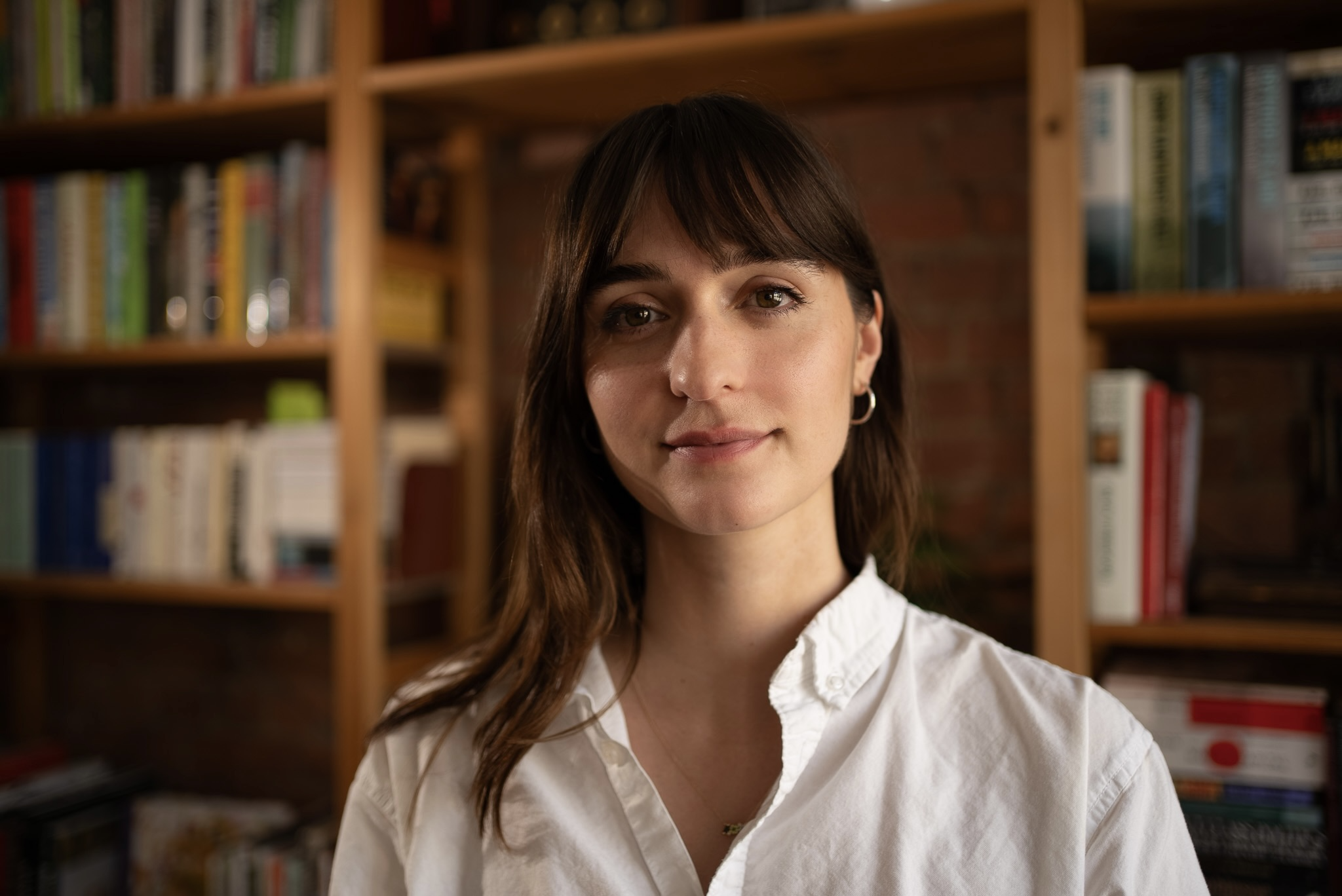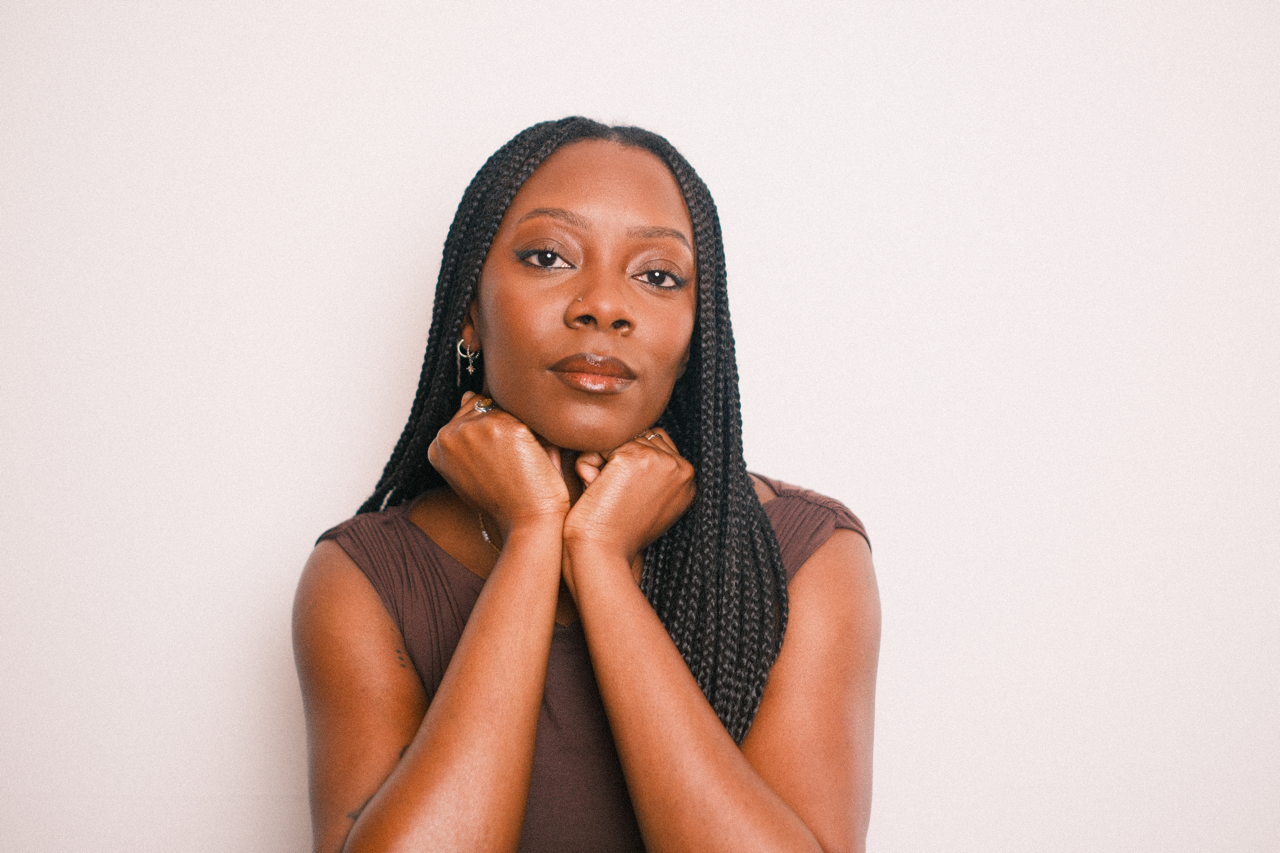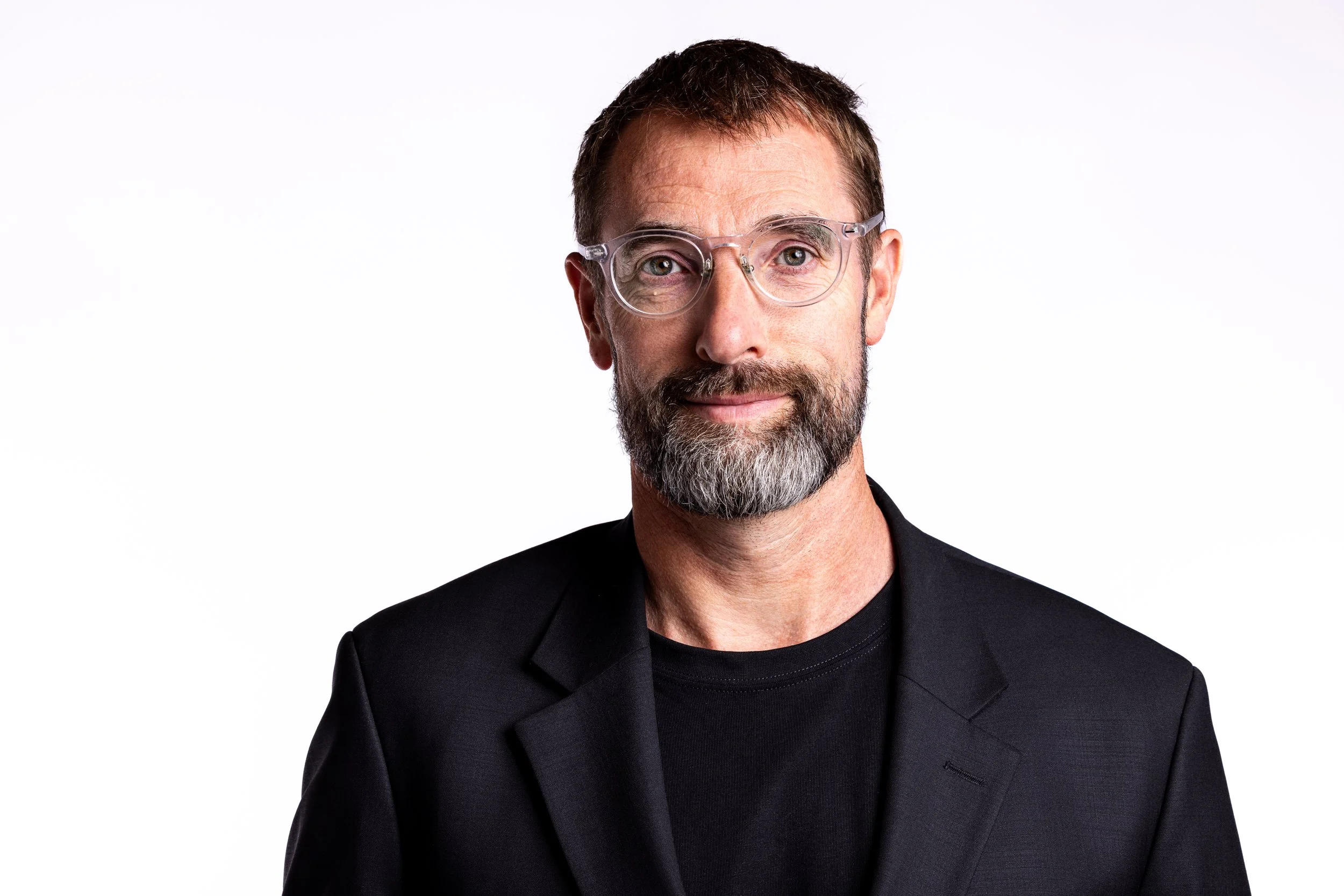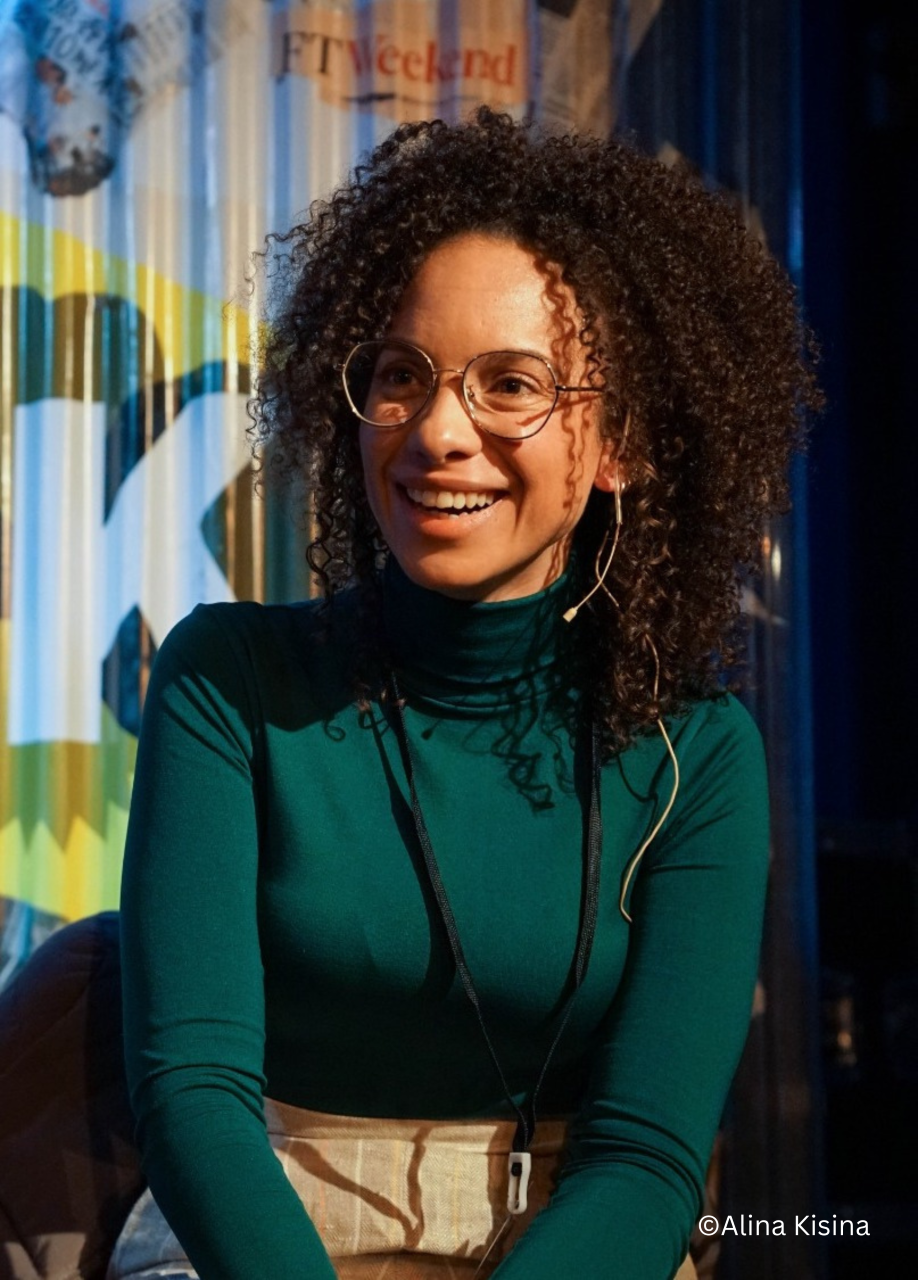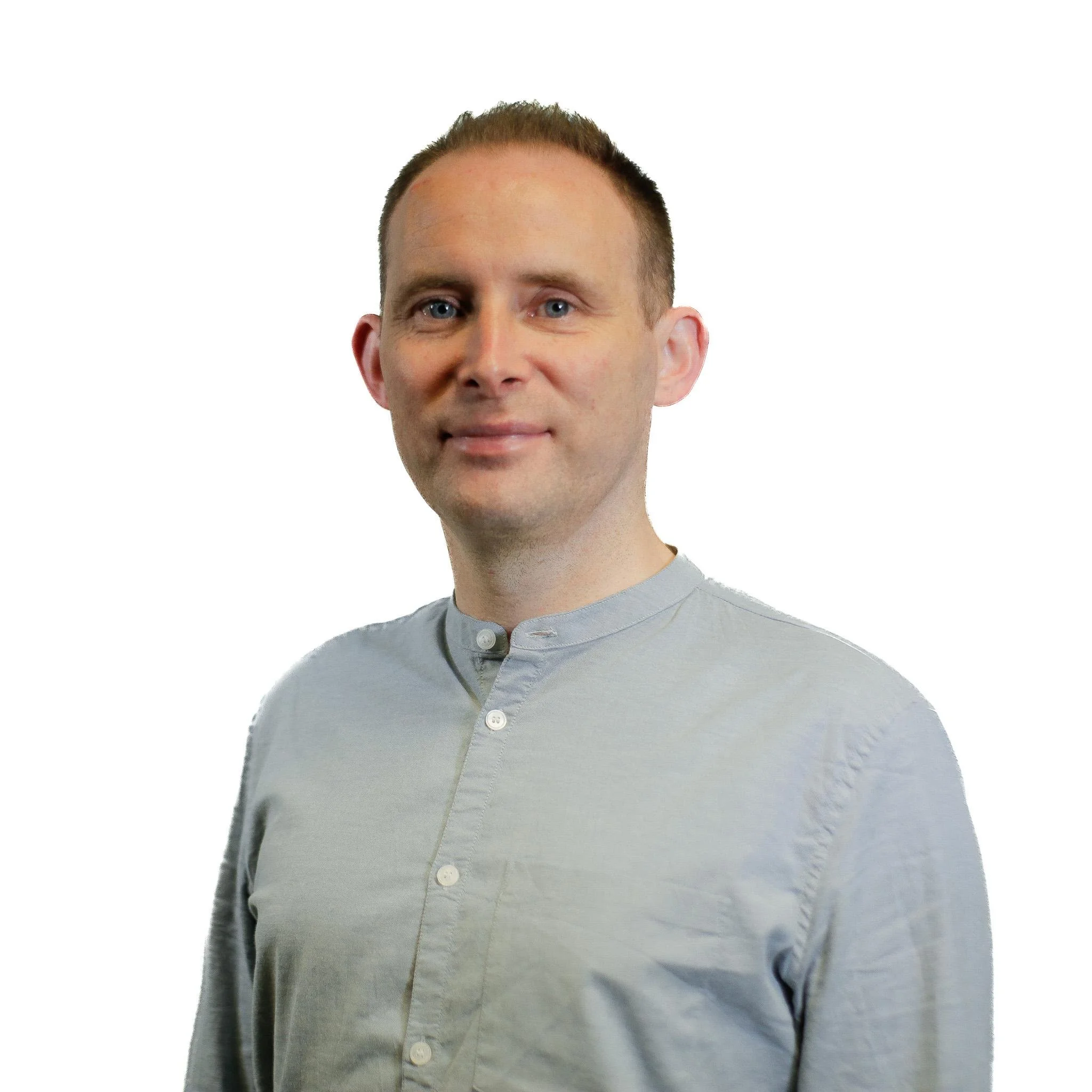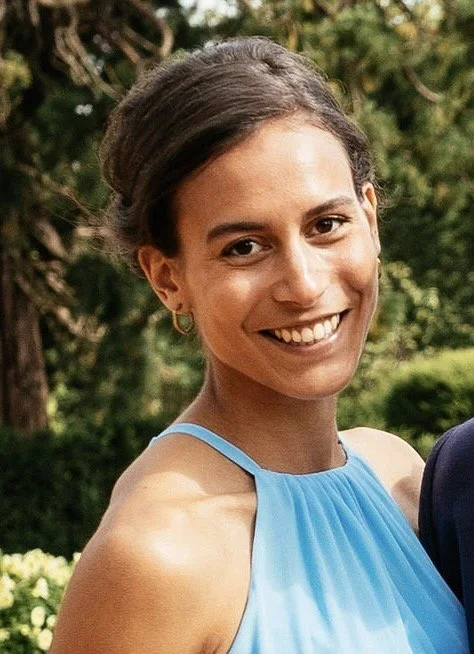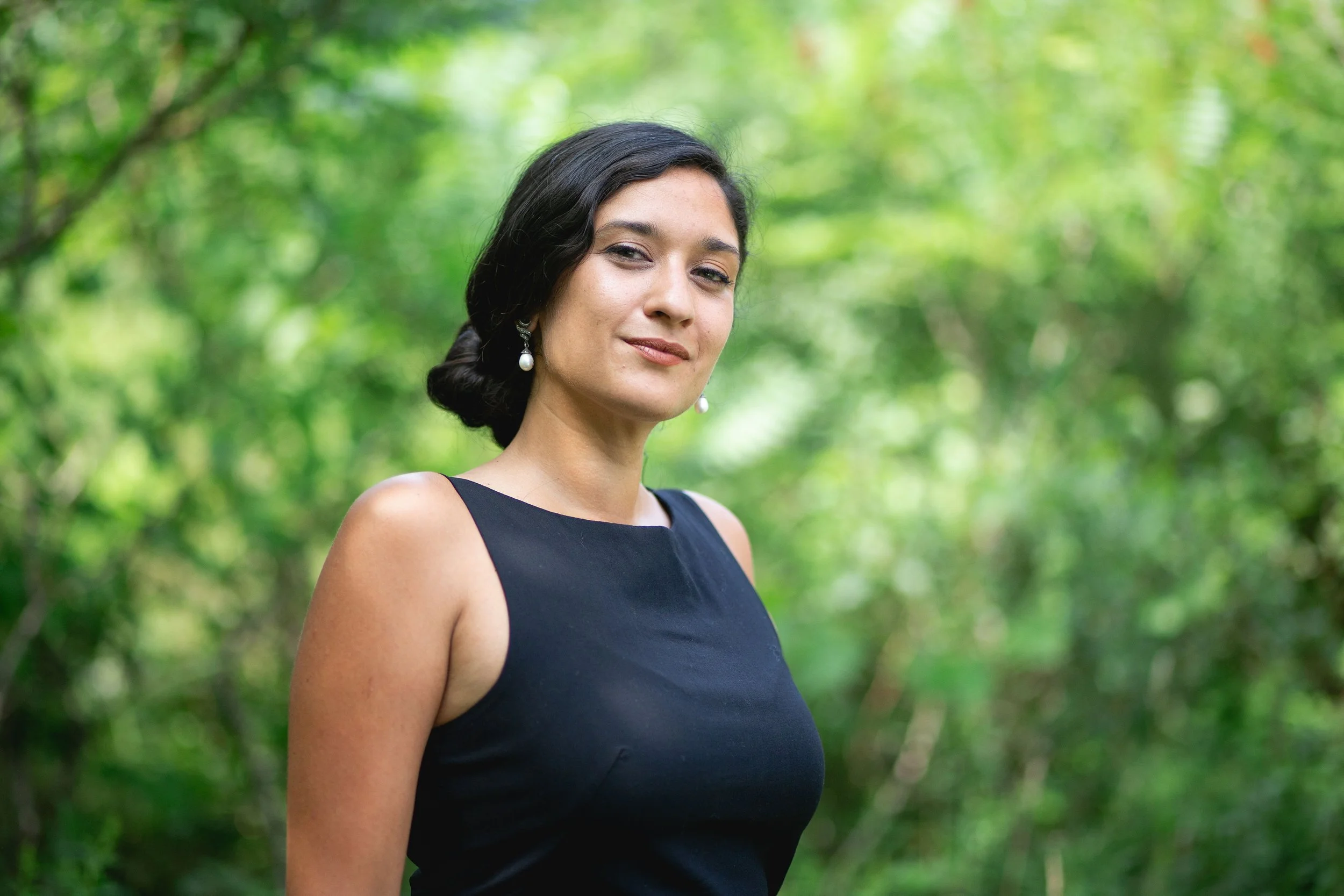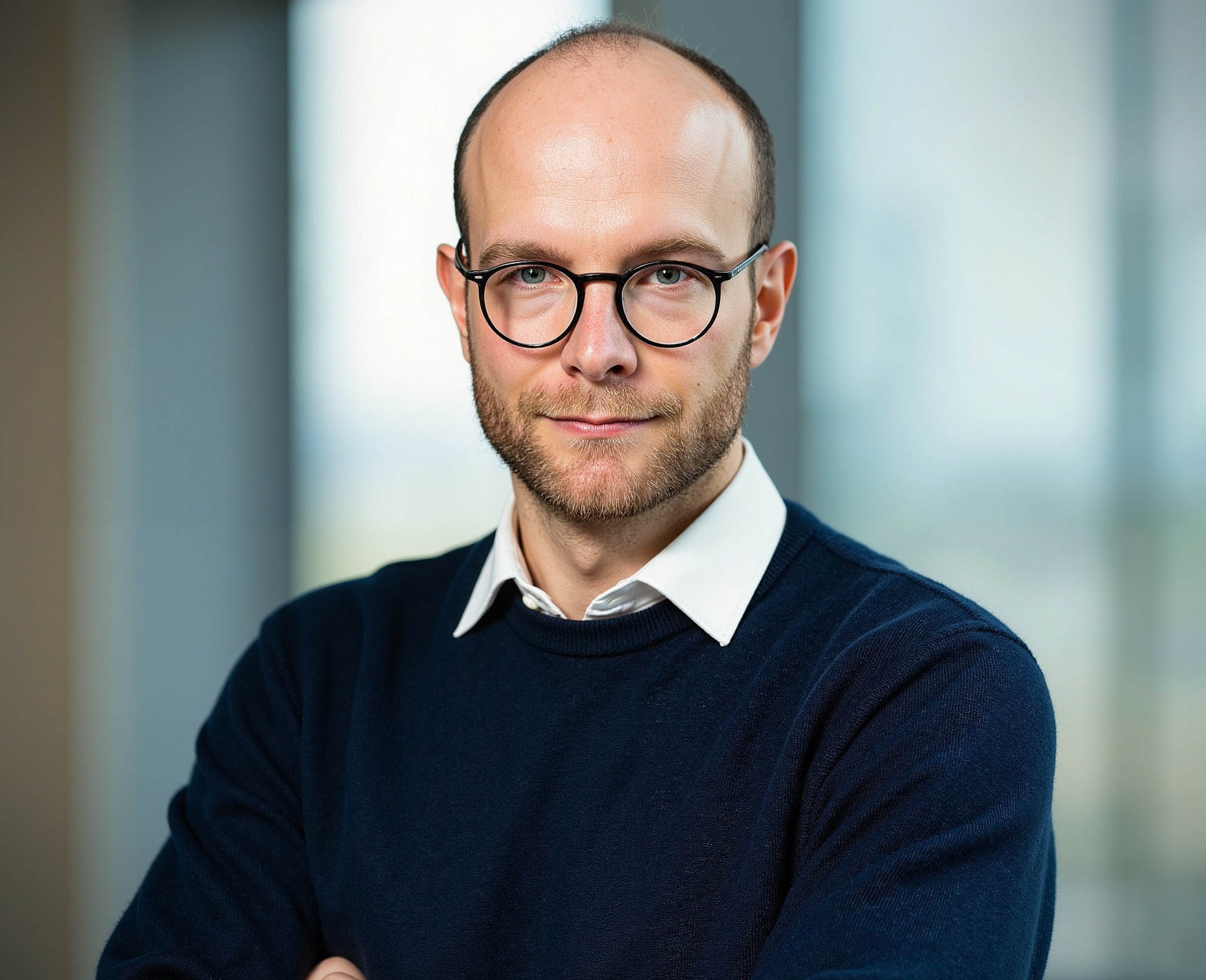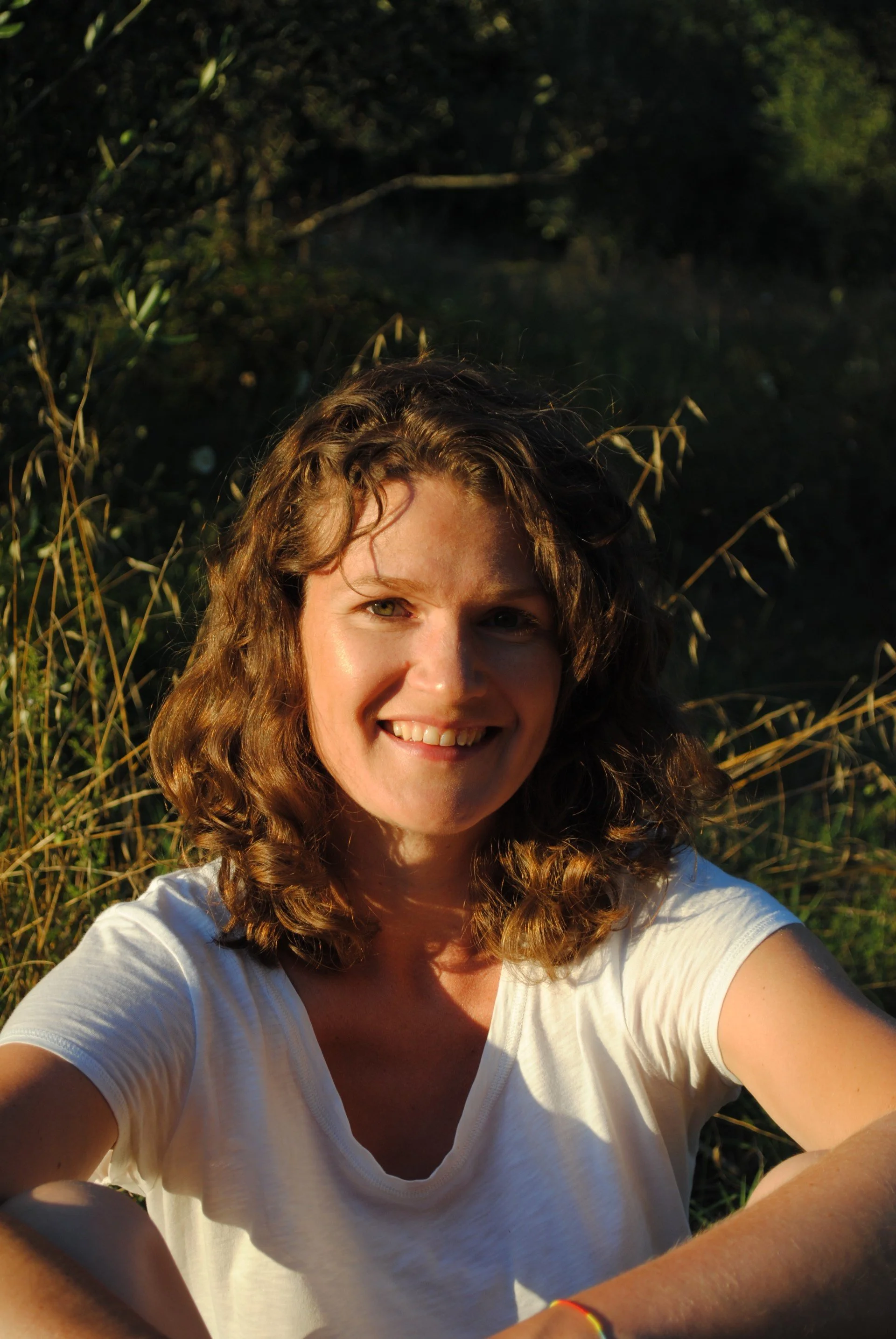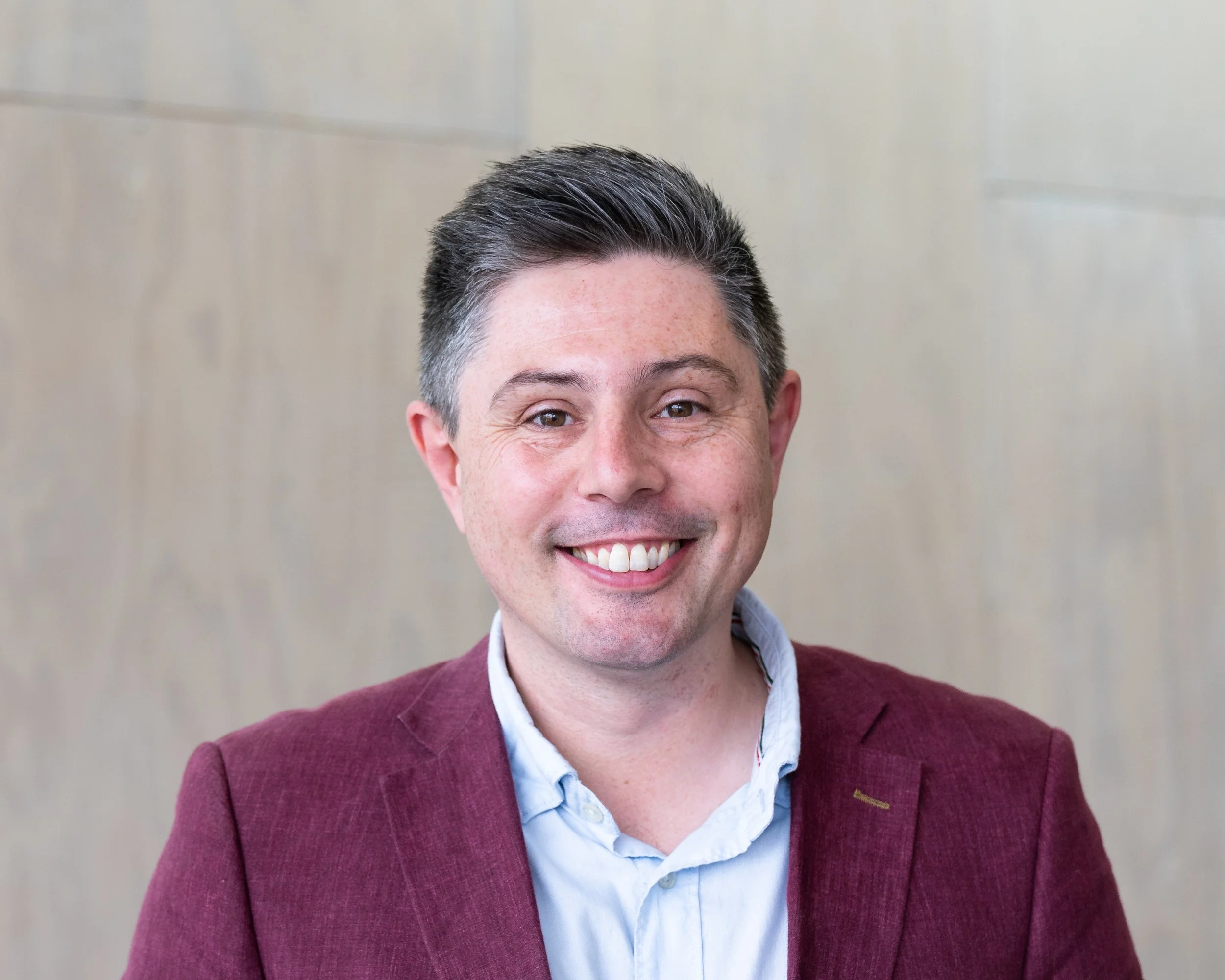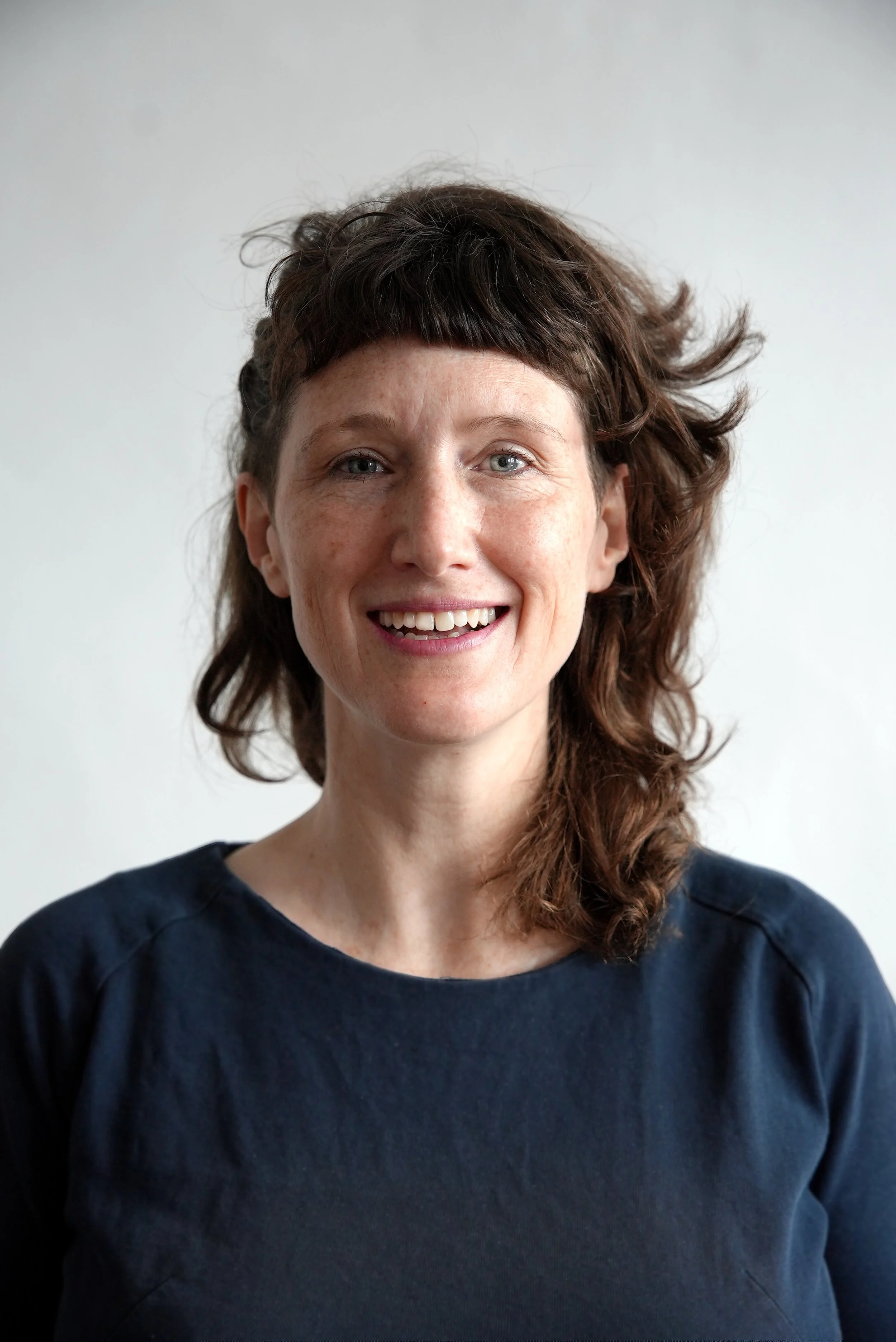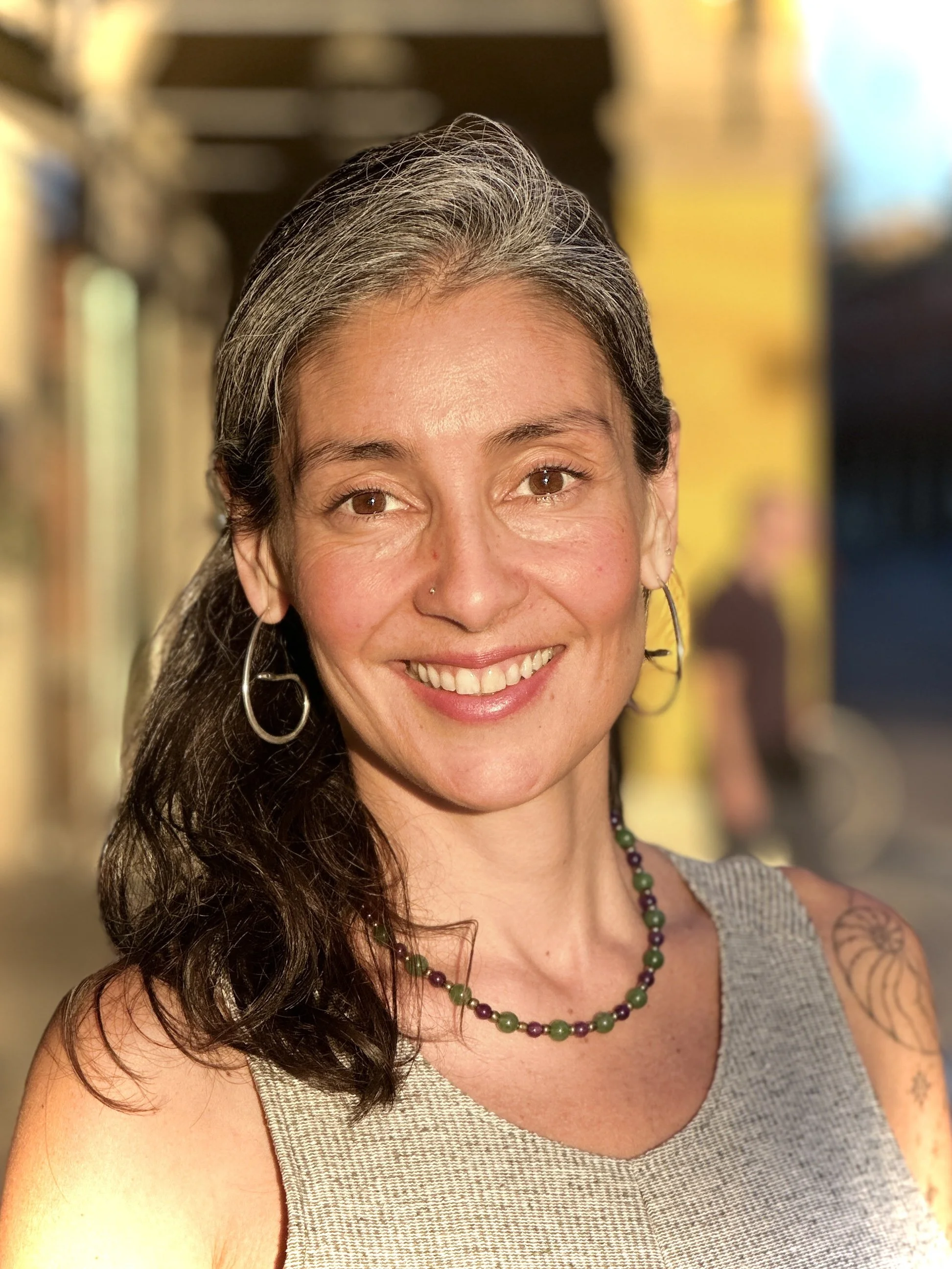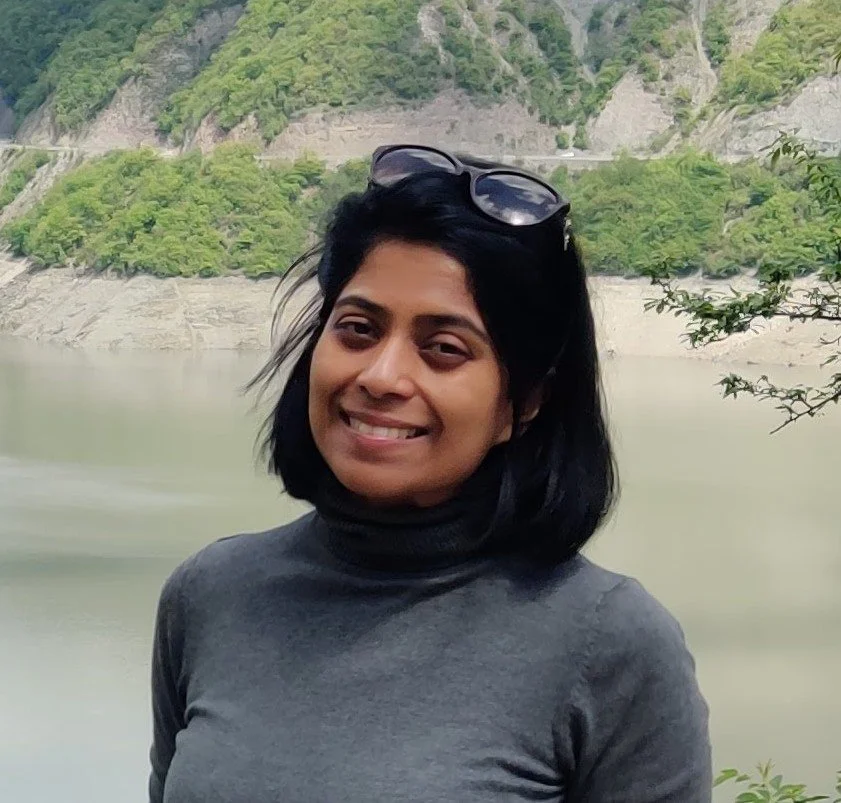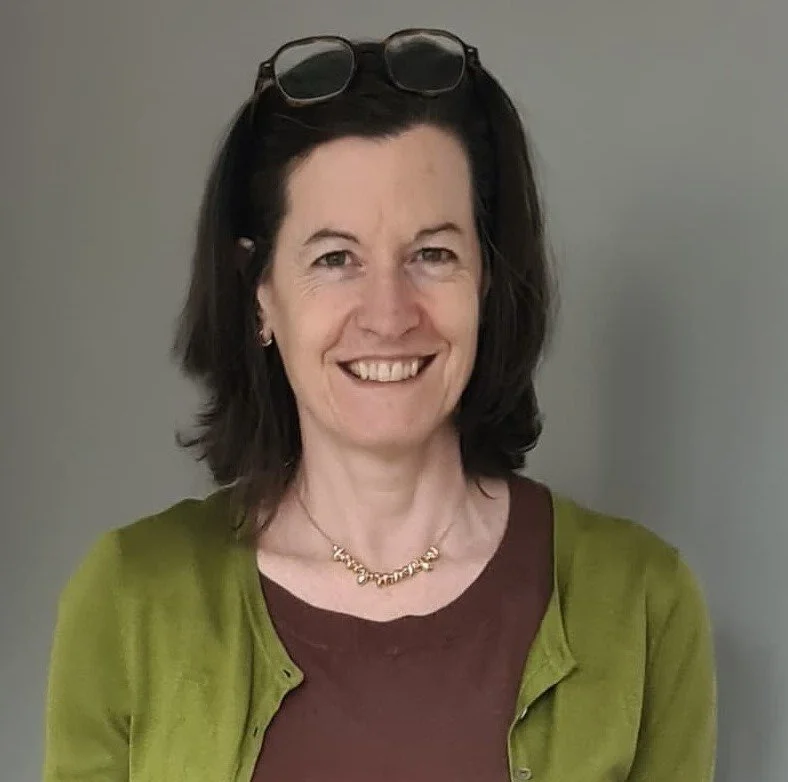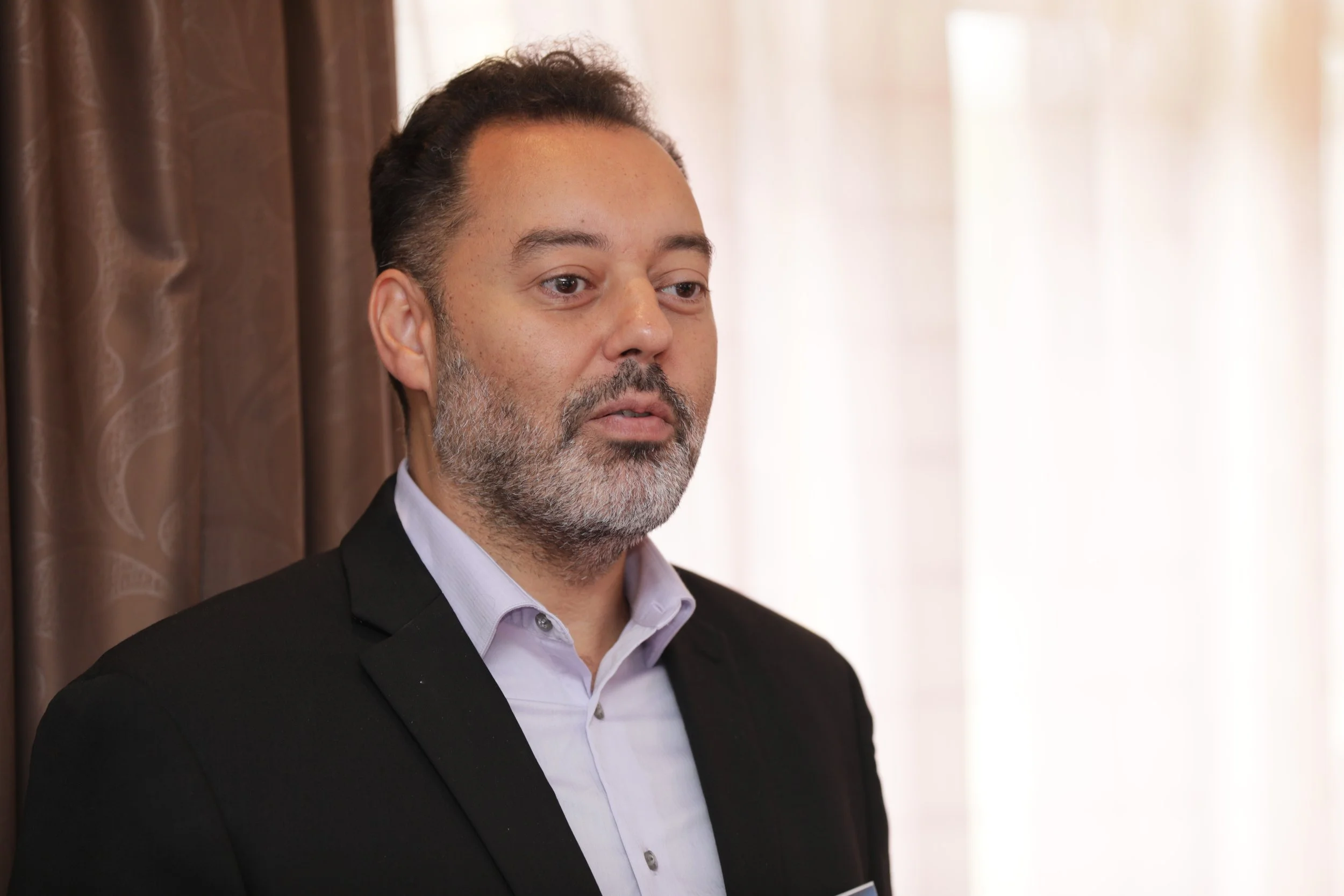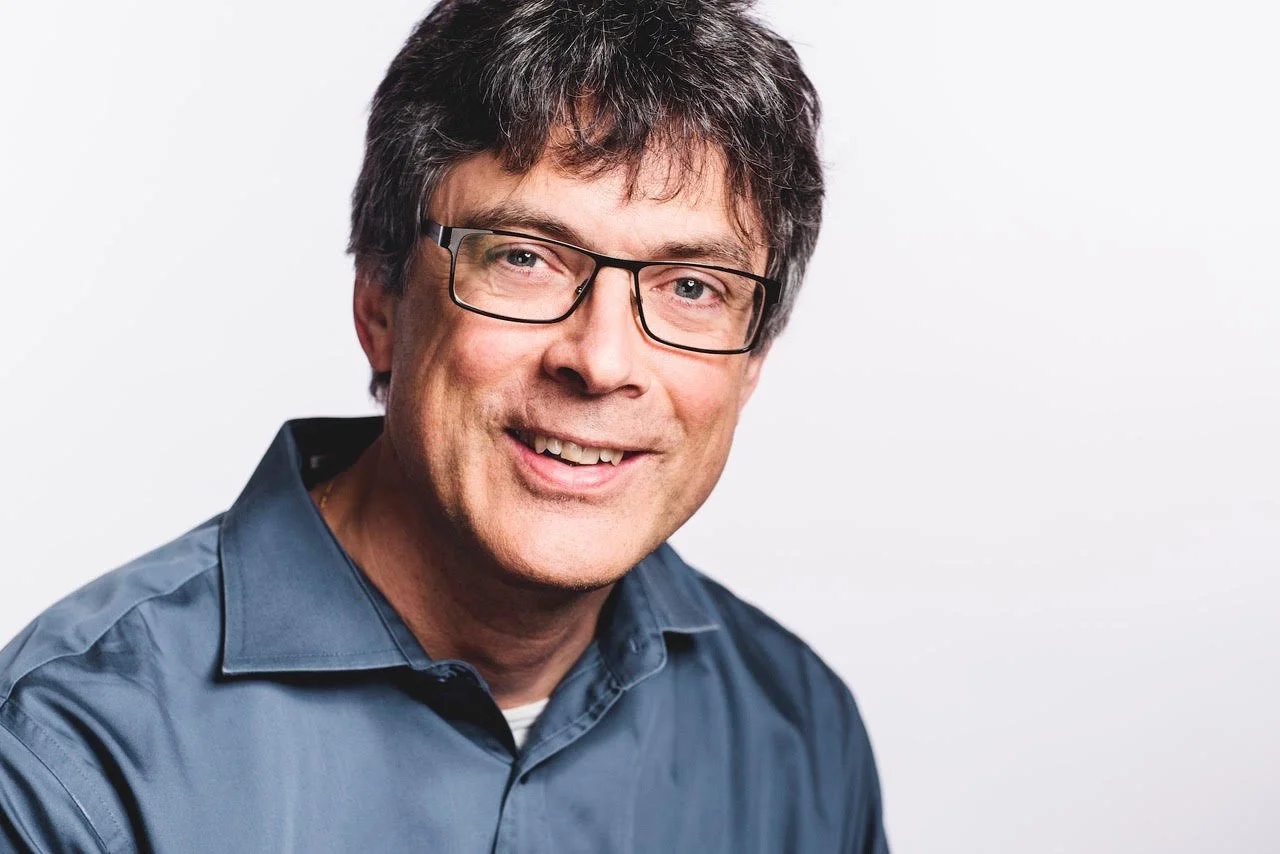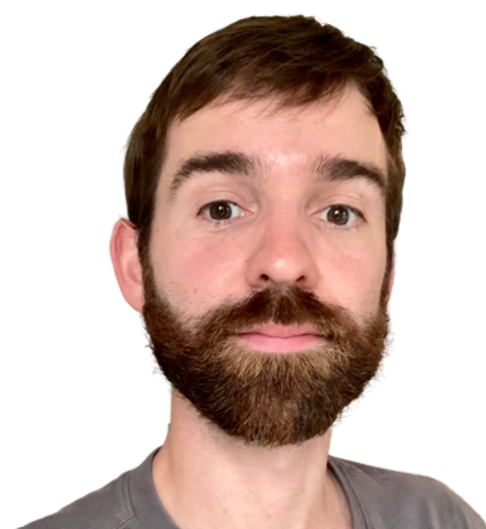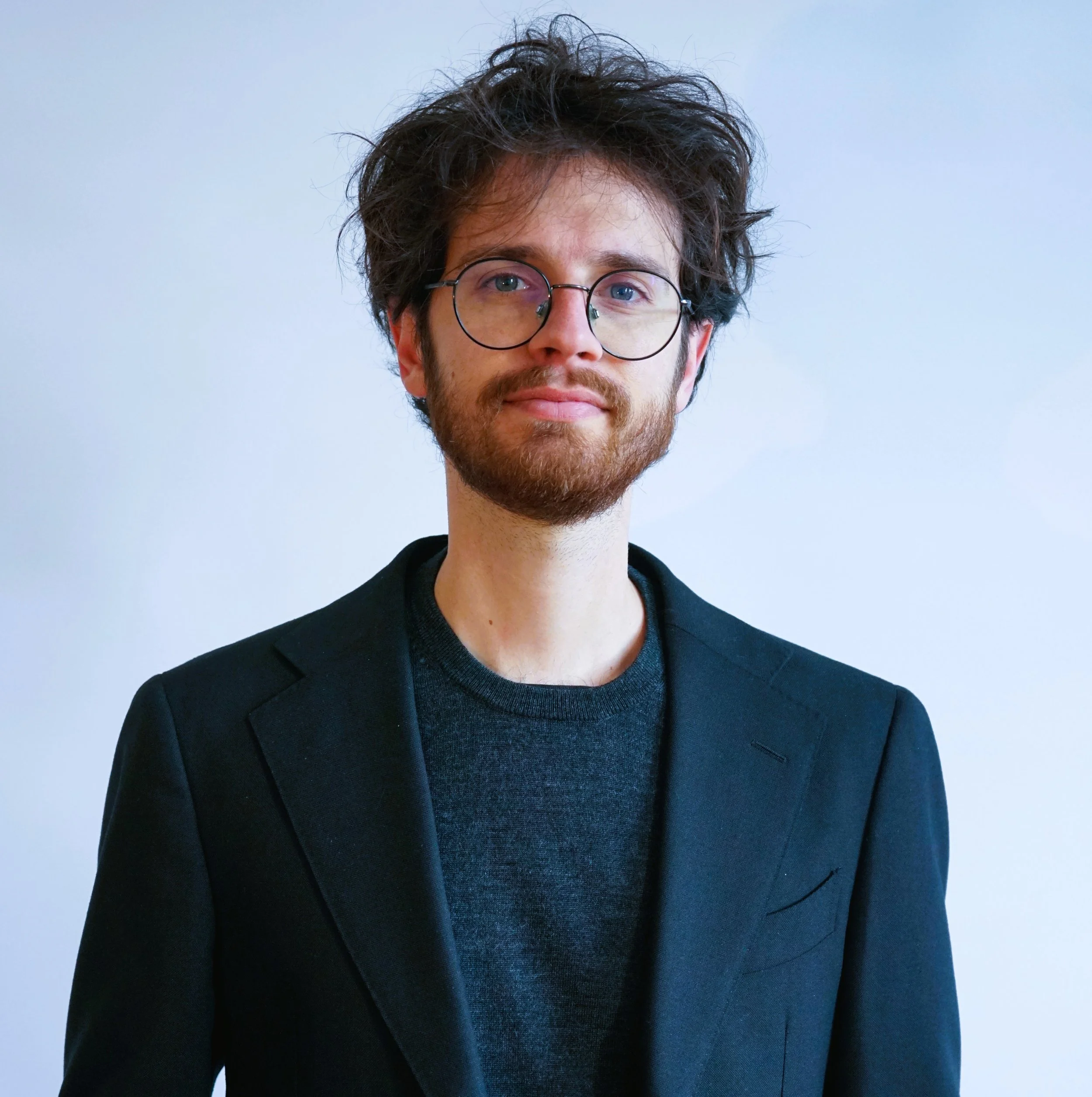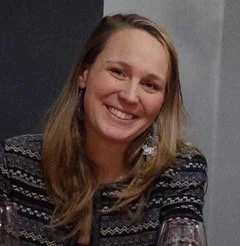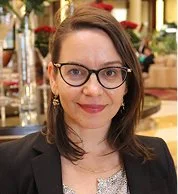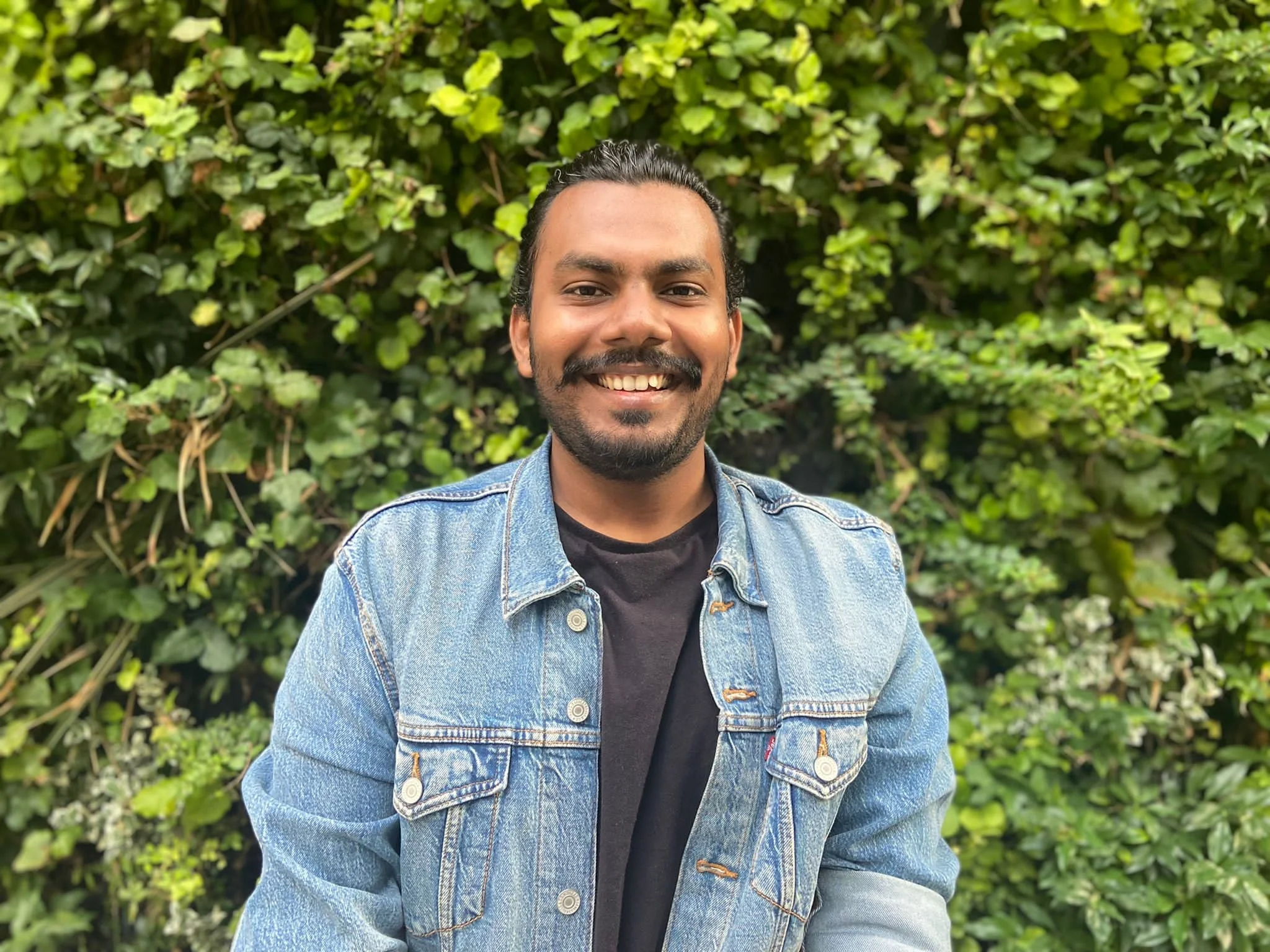
Speakers and Workshop Hosts
-
Adrienne Buller is the host for this year’s gathering. She is an author, editor and researcher focused on the intersection of capitalism, nature and the climate crisis. She is Host and Editor of The BREAK—DOWN, a not-for-profit media project examining the political economy of the climate crisis. Previously, she was Director of Research at Common Wealth, a progressive think tank focused on building a democratic economy. Adrienne is the author, with Mathew Lawrence, of Owning the Future: Power and Property in an Age of Crisis (Verso, 2022), and The Value of a Whale: On the origins of green capitalism (Manchester University Press, 2022), for which she was awarded the 2024 Eric Zencey Prize in Ecological Economics. Her writing and research have featured in The Financial Times, the Guardian, The New Statesman, and WIRED magazine, among others.
-
Joycelyn Longdon is an award-winning environmental justice researcher and educator. Her PhD research at the University of Cambridge centres on the design of justice-led conservation technologies for monitoring biodiversity with local forest communities in Ghana.
Her work makes more accessible topics of climate justice, climate colonialism, activism, creativity and systems change across a variety of forums on and offline and for platforms including Meta, The United Nations Geneva Dialogues, Channel 4, Cheltenham Science Festival, Oxford University, The National Lottery, The Design Council and The Wellcome Collection.
Joycelyn was 2022’s winner of the Emerging Designer London Design Medal, was featured in British Vogue’s December 2023 ‘Forces for Change’ Issue and is a and is a TEDx Alumni. Most recently, she has been listed as one of Pique Action and Harvard Chan C-CHANGE's 2024 Climate Creators to Watch and as one of Country and Town House’s Future Icons Power People 2024.
-
Olivier De Schutter was appointed the United Nations Special Rapporteur on extreme poverty and human rights by the UN Human Rights Council in March 2020. An academic specialised in economic and social rights, he was the UN Special Rapporteur on the right to food from 2008 to 2014, and a member of the Committee on Economic, Social and Cultural Rights between 2015 and 2020. Prior to those appointments, he was Secretary-General of the International Federation for Human Rights (FIDH). He teaches at UCLouvain (Louvain-la-Neuve, Belgium) and at Sciences Po (Paris, France).
-
Hans Stegeman is Chief Economist at Triodos Bank, where he leads the bank’s economic and sustainability research and shapes its impact strategy. His work is driven by the conviction that our economic system needs fundamental reform — and that the financial sector must play a key role in enabling this transformation. Hans holds a PhD in economics and brings a broad range of experience to his role. Before joining Triodos, he held senior positions at Rabobank and the Netherlands Bureau for Economic Policy Analysis (CPB). He began his career at the Dutch trade union FNV.
In addition to his work at Triodos, Hans is a prolific writer. He regularly contributes essays and columns to national media and shares his ideas through his personal blog.
-
Carolina Alves is an Associate Professor of Economics at the Institute for Innovation and Public Purpose (IIPP) at University College London (UCL), and a Fellow in Economics at Girton College, University of Cambridge. Alves’s research focuses on Critical Macro-Finance, Structuralist Macroeconomics, the Decolonisation of Economics, and Heterodox Economic theory. She is also the co-founder of the Diversifying and Decolonising Economics initiative, the UCL Centre for Capitalism Studies, and UCL Strategic Economic Alliance. In addition to her academic roles, Carolina co-edits The Developing Economics blog and serves on several advisory boards, including the ESRC Rebuilding Macroeconomics Advisory Board, the Progressive Economy Forum Council, and the Positive Money Advisory Panel. Carolina is the author of “Labour, Value and Capitalism: A Study of Karl Marx’s Poverty of Philosophy (1847)," published by Editora Dialética in 2024, and the co-author of the book "Decolonising Economics: An Introduction," published by Polity Press in May 2025.
-
Tariq Al-Olaimy is Managing Director of 3BL Associates, a people + planet systems transformation consultancy. Through 3BL he co-leads initiatives including Public-Planet Partnerships, Diversity on Board, Recipes for Wellbeing, Post-Growth.Earth and FutureFaith. His advisory board roles include the UN Decade on Ecosystem Restoration (UNEP & FAO), the UN Climate Change High-Level Champions - Race to Resilience Campaign, World Economic Forum Foundations Board - Global Shapers, and 1t.org. Tariq is also a member of the World Economic Forum's Global Future Council on Faith in Action. He advises and collaborates with organisations including the G20 Global Land Initiative, Greenpeace MENA, and Oceans5 on engaging faith communities in climate action and ecosystem restoration.
-
Julia Steinberger is Professor of Ecological Economics at the University of Lausanne (Unil) in Switzerland. She is a principal investigator under the REAL research project where she explores the relationship between energy use and social outcomes, how much energy is required for decent living, and how provisioning systems can deliver better outcomes with less energy. Before REAL, she was the recipient of a Leverhulme Research Leadership Award for her research project Living Well Within Limits. She is a Lead Author for the IPCC’s 6th Assessment Report in Working Group 3.
-
Declan is a consultant environmental lawyer and CEO of Ecojustice Ireland. He formerly as a strategic campaigning lawyer in the Trade Union Law Group of Thompsons Solicitors, the UK’s foremost social justice firm working in the field of workers’ rights and trade union law, as well as the International Centre for Trade Union Rights, the legal department of the International Trade Union Confederation, and the Bureau for Workers’ Activities of the International Labour Organisation.
Declan is the International Secretary for the Socialist Lawyers Association of Ireland and is on the Executive Committees of the Haldane Society of Socialist Lawyers in the UK, the European Lawyers for Democracy and Human Rights, and the International Association of Democratic Lawyers. He is an advocate for the Rights of Nature in Ireland for the UN’s Harmony with Nature Agency. Declan is also an associate member of the Centre for Sustainability, Equality and Climate Action at Queen’s University Belfast.
-
Khem Rogaly is Principal Research Fellow at the UK-based thinktank Common Wealth, where he leads a programme of work on military spending, its political economy and climate impacts. Khem’s research has been widely featured across the international media. This October, he is co-founding Transition Security Project, a new thinktank hosted by Common Wealth and the Climate & Community Institute.
-
Katie Kedward is Senior Research Fellow in Sustainable Finance at the Institute for Innovation & Public Purpose, University College London. Her research focuses on the role of financial and monetary policy in the green transition, as well as ecological macroeconomic modelling of environmental risks. Katie started her career in capital markets at the Royal Bank of Canada, and she has also worked at ShareAction, the responsible investment NGO. In 2023, Katie worked alongside central banks as part of the Network for Greening the Financial System (NGFS) Nature Taskforce, and in 2024 she participated in the World Bank’s Coalition for Capacity on Climate Action (C3A) program.
-
Amanda Janoo is an economist and systems change expert dedicated to building just and sustainable economies through participatory policy design processes. As the Economics & Policy Lead at the Wellbeing Economy Alliance (WEAll), she works with governments, civil society, and international organizations to redefine progress and advance economic strategies that prioritize human and ecological flourishing over endless growth. Prior to joining WEAll, Amanda worked as an industrial policy and structural transformation expert for UNIDO, the African Development Bank, and GIZ. As a Economic Security Fellow at New America, Amanda is currently focused on coalition and movement-building in the US to combat the rise of facism. A Fulbright Scholar and Graduate of Cambridge University, Amanda is known for making complex economic ideas accessible and inspiring. She brings both technical expertise and visionary thinking to conversations about the future of our economies.
-
Jonathan Barth is an independent ecosystem builder. Transcending organizational boundaries his work aims to build cross-partisan support for climate action in the face of tightening geopolitics by driving uncomfortable conversations at the intersection of climate, security and economic policy. His current work includes mobilizing businesses for decarbonization, chairing the Geostrategic Europe Taskforce, and serving as a member of the UN Expert Group on Wellbeing Measurement. He is also Senior Fellow and co-founder at the ZOE Institute for Future-fit Economies.
In varying roles, he worked closely with institutions such as the European Commission, the German government, and international organizations like the UN and OECD. His expertise has been featured in major media outlets, including the FT, ZDF, Tagesspiegel, Bloomberg and Zeit.
-
Dr. Anna Chadwick is Senior Lecturer in Law at the University of Glasgow, where she researches and teaches in the fields of law and political economy and law and international development. Anna's research explores dynamics of financialisation in the global political economy, with a particular focus on food systems and monetary systems. Anna co-leads the Law and Political Economy in Europe network with Dr. Ioannis Kampourakis, and she co-convenes the Food Sovereignty Network at the University of Glasgow.
-
Gareth is the Director of WEAll Aotearoa, part of the global Wellbeing Economy Alliance, a non-partisan ‘think and do’ tank working to redesign New Zealand’s economic system to deliver wellbeing for people and planet.
He is an author, political commentator for Radio New Zealand and serves in governance roles. He was a Member of Parliament for over a decade with the Green Party where he served as the Chairperson of the Social Services and Community Select Committee.
Before politics he was a climate campaigner at Greenpeace and afterwards his family were the only residents on Quarantine Island, where he focused on conservation and food security projects.
He is a Dad to two teenagers in Wellington where he loves to sail his yacht Avanti.
-
Mariana Gomes is a Portuguese social entrepreneur and climate activist. She is the founder of Último Recurso (UR), the world’s first youth-led climate litigation NGO, and currently leads 170 legal actions, including Portugal’s first climate lawsuit against the State, a case poised to impact over 10 million people and set precedent across Europe.
A Fulbright Scholar, she studied Climate Change and Leadership in the U.S., and Law in Portugal and Brazil. She is also the youngest advisor to the President of Portugal on the official Youth Advisory Group.
She has spoken at major forums including COP28, the Council of Europe’s Lisbon Forum, and European Commission hearings. Mariana has delivered over 100 talks at global platforms such as Cambridge University, UN Headquarters, and the European Parliament, and has been featured by media such as Reuters, RFI, and Forbes.
She was named one of Europe’s 20 Young Leaders by the U.S. Department of State, and one of Portugal’s 20 Most Promising Young People by Sábado. In 2025, she won Forbes’ Green ESG “Next Generation” award and Forbes 30 Under 30 Portugal.
-
Carol Peterson is Co-Executive Director of Das Momentum, an organisation that supports spokespeople - including economists - to use effective messaging and to be ready to be interviewed when their topic hits the news. With daily pitching and booking of trained spokespeople, Das Momemtum ensures that civil society is part of the daily news cycle in Germany.
-
Diana Cianelli Gabriel is a Regenerative Learning designer and facilitator from Brazil, who anchors her practice on the power of Nature and Community. She works with people of all ages within multi cultural contexts. Her work integrates principles and practices from systemic frameworks such as the Work that Reconnects, Permaculture, Ecoliteracy and Participatory Leadership to support people, communities and organizations cultivate Regenerative Culture, Collective Liberation and Planetary Well-Being.
-
Chandrima Padmanabhan works in climate philanthropy with a focus on climate adaptation and building just and equitable systems for people and planet. She brings 15+ years of experience working on issues of access to resilient energy, water and housing systems for marginalised communities in developing economies; policy advocacy and implementation of transparency, accountability and public engagement mechanisms at the subnational and national level; and on advancing the multilateral climate adaptation agenda.
-
Caroline Dommen works at the intersection of economic systems, human rights, and sustainability. She is a member of APRES-Ge, Geneva's social and solidarity network. She is also a co-leader of the Agreement on Agriculture ReImagined initiative, proposing new rules for food and agriculture trade. With a background in law and multilateral diplomacy, she has spent over 20 years exploring how economic policy can better serve people and planet. She has held leadership roles in advocacy, research, and governance across a range of international organisations, and supports nonprofits with strategy, structure and funding. She initiates and leads community-based sustainability projects. Based in Geneva, she works in English and French.
-
Danisha joined Positive Money in 2020 and leads work on global monetary reform and economic justice. She holds an MSc in Development Economics and a PhD from SOAS, where her research critiqued labour market flexibility debates through a case study of India’s automotive sector. She previously worked as a Senior Teaching Fellow in heterodox economics at SOAS. Her interests include macroeconomics, the political economy of labour, the role of the state, and global racial capitalism.
-
Fadhel Kaboub is an associate professor of economics at Denison University, president of the Global Institute for Sustainable Prosperity, and author of Global South Perspectives on substack. He currently serves a two-year term on the United Nations High-Level Advisory Board on Economic and Social Affairs at UN-DESA. Dr. Kaboub is an expert on designing public policies to enhance monetary and economic sovereignty in the Global South, build resilience, and promote equitable and sustainable prosperity. His recent work provides a comprehensive policy framework on debt, development, climate, energy, food, industrialization, and geopolitics for a strategic repositioning of Africa and the rest of the Global South at the center of a new international economic order of peace, justice, and sustainable prosperity.
-
Per Espen Stoknes is Director of Centre for Sustainability and Energy at the Norwegian Business School, a psychologist with PhD in economics, a TED Global speaker and sits on the board of KR Foundation. He is an experienced foresight facilitator and academic, and the co-founder of the clean-tech company GasPlas. He is the author of several books, among them Money & Soul (2009), the award-winning book What We Think About When We Try Not To Think About Global Warming (2015), Tomorrow’s Economy (2021) and Earth For All (2022) with the Club of Rome. Per Espen has served as member of Norwegian Parliament, and on the EU Commission’s mission board on Horizon Europe’s Climate Change and Societal Adaptation.
-
Nathalie is the Donut Project Manager of the City of Grenoble where she deploys various applications of Doughnut Economics to strengthen the municipality’s transition trajectories. From a territorial diagnosis to the creation of a decision-making tool, via an analysis of the city’s various strategies and political plans, she explores different ways for moving collectively towards both respect of planetary boundaries and satisfaction of all basic human needs.
-
Emma River-Roberts is the Founder and Co-Director of the Working Class Climate Alliance, a UK-based international non-profit that aims to increase the presence of working-class voices in climate politics, and support working class communities and trade unions in campaigning for progressive change. Emma is also a PhD Researcher at Goldsmiths University, specialising in working class environmentalism. She is a Fellow of the Royal Society of Arts.
-
Andrew works at the New Economy Organisers Network (NEON), where he is the Co-Director of the Movement Building Hub, which builds the capacity and effectiveness of social movements and civil society organisations working for economic, environmental and social justice. He formerly worked in the UK as a political advisor, with a focus on democracy and the functioning of government and the state.
-
Ioannis Kampourakis is Associate Professor of Law and Markets at Erasmus School of Law, Erasmus University Rotterdam. His research examines the legal foundations of economic power, drawing on legal theory, political economy, and transnational law. He is particularly interested in how law constitutes markets and the conditions under which it might serve as a vehicle for socio-economic transformation. His current project focuses on the law and political economy of the green transition, including green industrial policy, trade, and the pursuit of critical raw materials. Ioannis is co-director of the project 'Law and Political Economy in Europe', together with Dr Anna Chadwick, and he serves as an editor of the Law and Political Economy book series published by Cambridge University Press.
-
Ashanti Kunene is an art activist, poetic provocateur, published writer, and 2x TedX speaker. She is the founder of Learning 2 Unlearn, a strategic decolonial narrative consultancy focused on helping leaders navigate complex global challenges and cultivate inner/outer coherence. Ashanti also serves as Co-Lead of the Transforming Wealth Lab for the Joseph Rowntree Foundation. Additionally, she sits on the membership sub-committee for the Governance Futures Network and leads its Leadership & Narrative Greenhouse program.
-
Aurélie joined Positive Money Europe (PMEU) as Executive Director in March 2025. She brings extensive political and leadership experience to the organisation having worked in the European Parliament, the Office of the Climate Minister for Wallonia and as Director of the Green European Foundation. Aurélie holds an MA in Global Political Economy from the University of Sussex (UK) and is involved in Belgian local politics as an elected councillor.
-
Adriana Abdenur is co-President of the Global Fund for a New Economy (GFNE). Between 2023 and 2025 she was Special Advisor in international affairs in the office of President Lula, working on the president's view of the G20, BRICS and COPs. A Brazilian policymaker and scholar, she co-founded Plataforma CIPÓ, a think tank headquartered in Rio de Janeiro. Dr Abdenur earned a Ph.D. from Princeton University and an AB from Harvard University and has published widely on global governance and sustainable development. She lives in Rio de Janeiro, Brazil.
-
Katy Wiese is the Policy Manager for Economic Transition and Gender Equality for the European Environmental Bureau. She completed a Master of Science in Environmental and Sustainability Science in Lund, Sweden. Previously, she has been working for different renewable energy development projects in West and East Africa and as technical consultant for a social impact consulting firm in Berlin, Germany. She has also been investigating gendered impacts of environmental policies in the Global South and Europe, publishing scientific articles on that nexus.
-
Uygar is an Ashoka Senior Fellow, the founder and instigator of Good4Trust.org, an online system for creating a prosumer economy for ecological and social justice, and the board chair of the Prosumer Economy Society.
He worked as the Advisor to Adnan Kahveci, the Minister of State responsible for the environment in Türkiye, between 1989-90. As a Fulbright Scholar, he has a masters in environmental Science from Ohio State University, as a MacArthur Scholar, a PhD in Conservation Biology, as well as in Development and Social Change at the University of Minnesota. He founded the Environmental Engineering Department at Erciyes University. Then he joined the United Nations Development Program in New York as an Environmental Specialist, served as the Executive Director of TEMA Foundation, and of Greenpeace Mediterranean. He founded Change.org in Türkiye, and was the ED until 2023. Uygar served for two terms on the Board of CIVICUS – World Alliance for Citizen Participation.
He currently serves on the Board of Ashoka, and is an Adj. Asst. Professor at Kadir Has University, teaching Sustainable Energy, and Ecological Economics. He has written three books on social entrepreneurship and prosumer economy, and hosts a daily radio program at Apaçık Radio since 2009.
-
Jo Swinson has been Director of P4NE since 2020, and has a long-standing passion for new economics. A former UK Government Minister, Liberal Democrat party leader and MP, in 2009 she co-founded a cross-party group of MPs to work collaboratively on new economic thinking and wellbeing economics.
-
Sebastian leads NEF’s work on EU economic policy, focusing on fiscal reform, macroeconomic coordination, and green industrial strategy. He has previously worked with Greenpeace and for the Greens/EFA in the European Parliament.
-
Sujay Hammannavar is a systems thinker and post-growth advocate committed to building equitable, place-based alternatives to mainstream development. With an engineering background and a master’s specialising in Business and Environment, he has worked at the intersection of circular economy, economic relocalisation, and advocacy. Sujay’s research has focused on “growth-agnostic sustainable businesses” and how ownership structures influence environmental and social outcomes.
He is currently building the Bioregional Centre of Excellence at Jagriti Enterprise Centre–Purvanchal, where he designs research work and projects on circular economy, regenerative bioeconomy, and climate-resilient livelihoods in the Purvanchal region. He also helps deliver an incubation program aimed at supporting early-stage environmentally sustainable businesses and nonprofits in the region, where he is exploring how doughnut economics principles can be embedded into their business models. The Centre aims to revive community ownership of commons and build regional self-sufficiency through collaboration with government, civil society, and local enterprises. Sujay thrives at the intersection of systems change and grassroots engagement, weaving narratives and networks to reimagine development in sync with ecological limits.
-
Isabelle Jiani Zheng joined Council on Economic Policies (CEP) as a Fellow in May 2024 in the monetary policy program with a focus on sustainability. Prior to joining CEP, she finished her PhD at the University of Zurich (UZH) focused on sustainability related risks in the real economy and the financial system. In that context, she has also contributed to the development of climate transition risk metrics and to their application, inter alia, for “A Carbon Risk Assessment of China’s Overseas Energy Portfolios”, referenced by international financial regulators and super-visors. She has also been co-leading programs on sustainable finance at UZH. She holds a M.Sc. in Economics from UZH and a Bachelor’s in Finance from Fudan University in Shanghai, China.
-
Eloise Todd is the Executive Director and a Co-founder of Pandemic Action Network, an advocacy network of over 400 organisations globally. Eloise has 25 years' experience as an advocacy strategist and practitioner, having started in Brussels as a political adviser within the EU institutions, worked at the ONE campaign as Global Policy Director, and campaigned against Brexit through the organization she founded and built, Best for Britain. Her recent work has included landscaping the renewables advocacy ecosystem in Brussels.


